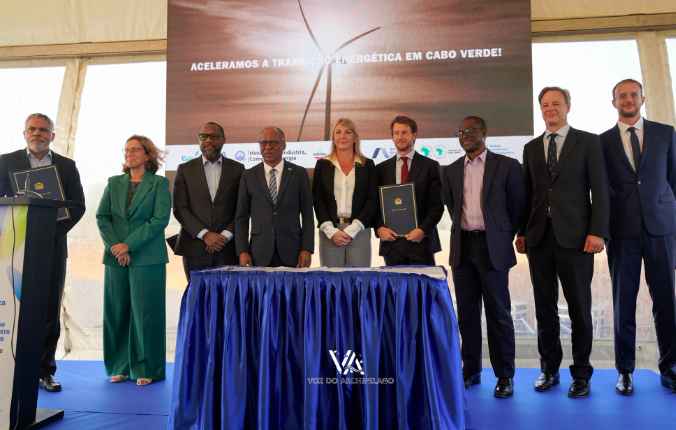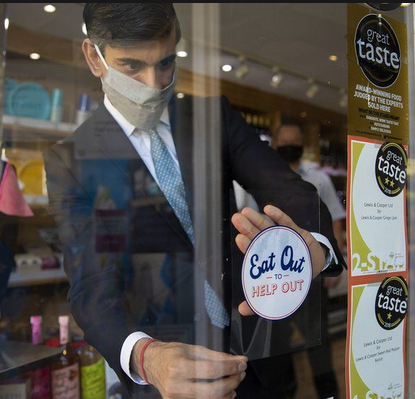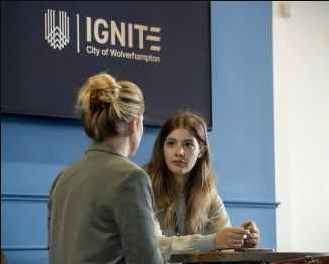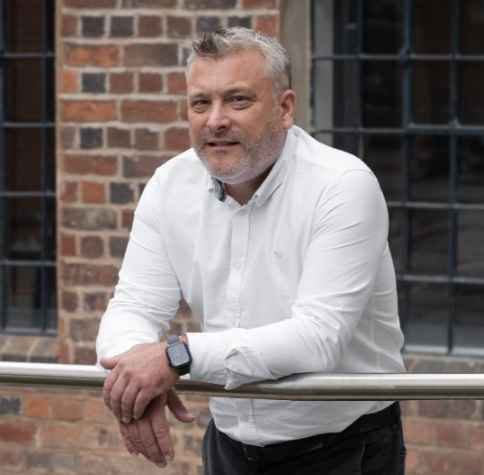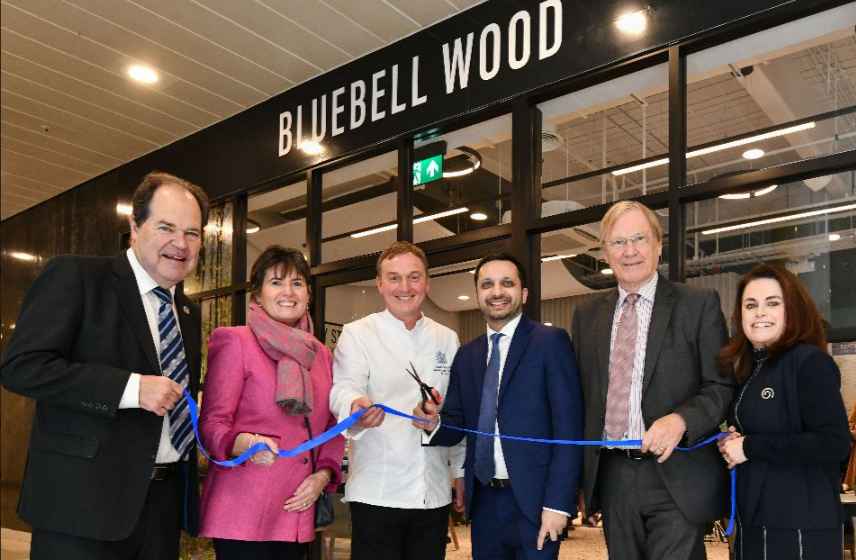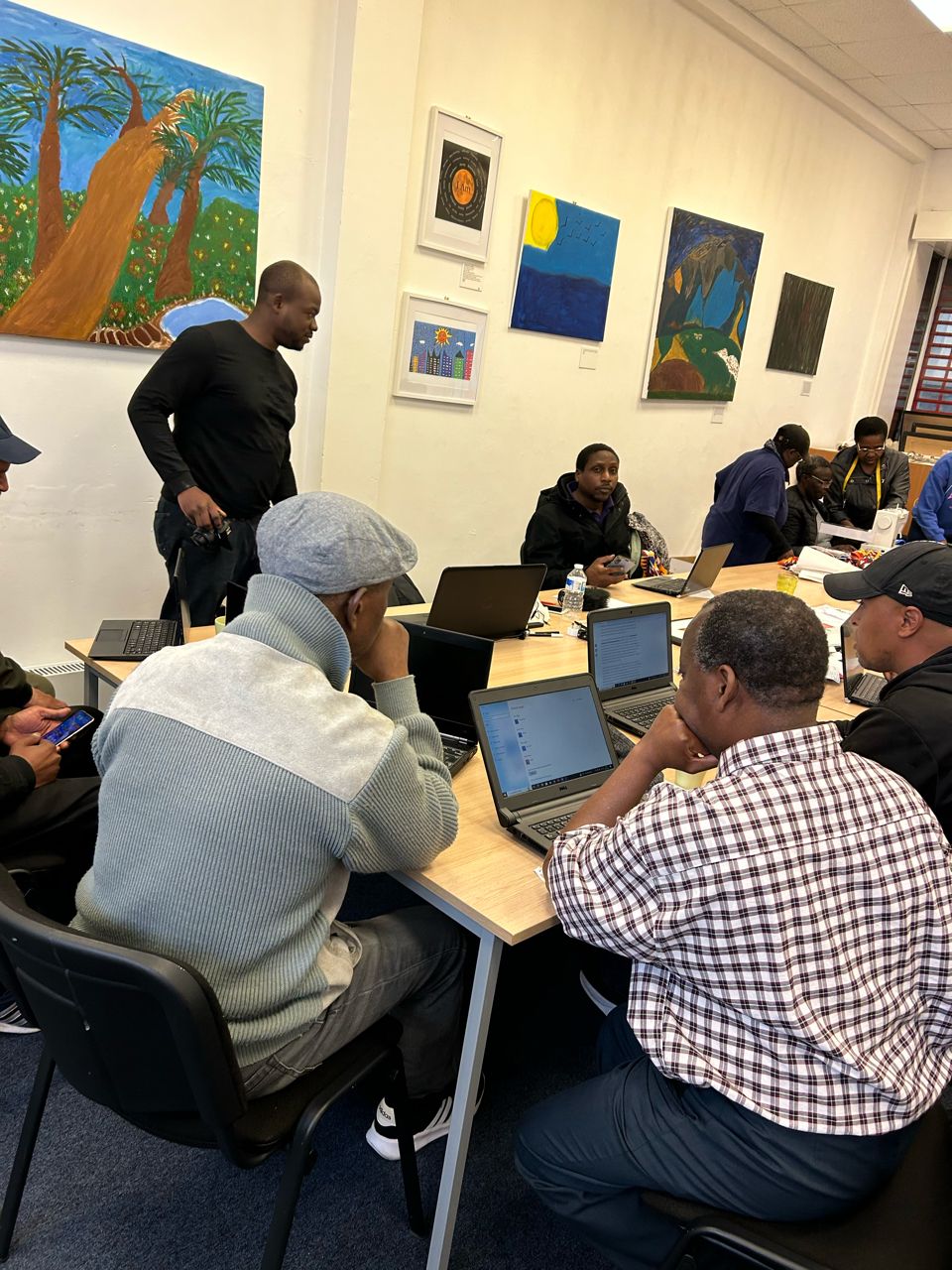The black, green and red flag of Kenya will be raised along the streets of Washington this week, as President Biden welcomes Kenya’s President William Ruto to the United States for the first state visit by an African leader in 15 years.
Biden and first lady Jill Biden will host Ruto and his wife, Rachel Ruto, for a state dinner at the White House. During the visit, which marks 60 years of US.-Kenya diplomatic relations, the two presidents will discuss trade, investment, technology, clean energy, education, and health and security partnerships.
Ruto is expected to highlight Kenya as the first African country to prioritize low-carbon resilient investments, as part of its transition to all renewable energy - the U.S. assists Kenya financially and technically to reach its clean-energy goals. The United States recognized Kenya when it gained its independence on December 12, 1963, and three months later established the U.S. Embassy in Nairobi.
Since then, Kenya — one of East Africa’s most dynamic economies — has become a close U.S. ally, cooperating on economic and security issues, according to the U.S. Department of State. In 2018, the United States and Kenya launched a partnership based on five areas: economy, defence, democracy, multilateral issues and public health.
While in the Washington area, Ruto will meet with U.S. lawmakers and visit Arlington National Cemetery in Virginia, where he will lay a wreath in tribute to America’s fallen soldiers. Following Ruto’s meeting with Biden, the two leaders will hold a joint press conference at the White House.
Ruto began his U.S. trip May 20 in Atlanta, delivering remarks at the Jimmy Carter Library and Museum, followed by a visit to Ebenezer Baptist Church, where U.S. civil rights leader Martin Luther King Jr. once served as pastor. This year marks the 60th anniversary of the passage of the U.S. Civil Rights Act, an accomplishment for which King worked tirelessly.
Ruto also met with investors in Atlanta, highlighting Kenya’s growing digital technology infrastructure and vibrant business environment. He later visited Spelman College, a historically Black private college, to discuss building partnerships with American higher education institutions.
Such institutions, with the private sector, can expand economic opportunities, especially in science and tech, for young people in Kenya.


